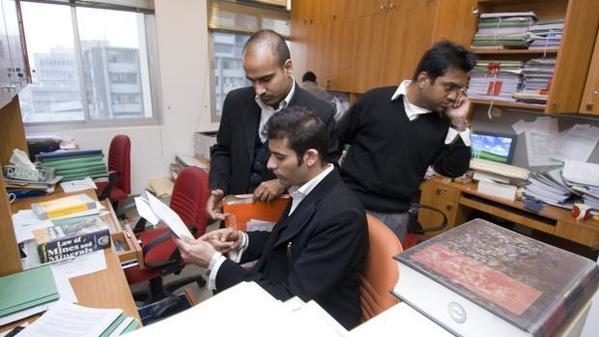India’s Next Generation Reforms Must Begin in Courts
The high pendency rates in India’s judicial system have dragged down growth and investments in an investment-starved economy.
Last week, eighteen months after the crime, a special court in Pathankot delivered its verdict on the Kathua case. By Indian standards, this was a relatively quick judgment. Most cases in India, because of delays at both the police and judiciary level take far longer. Across India’s subordinate courts — the first port-of-call for most cases — more than a third of the 31 million cases have been pending for more than three years. In the High Courts, the pendency is even higher: half of all the 8 million cases in the High Courts have been pending for more than three years.

